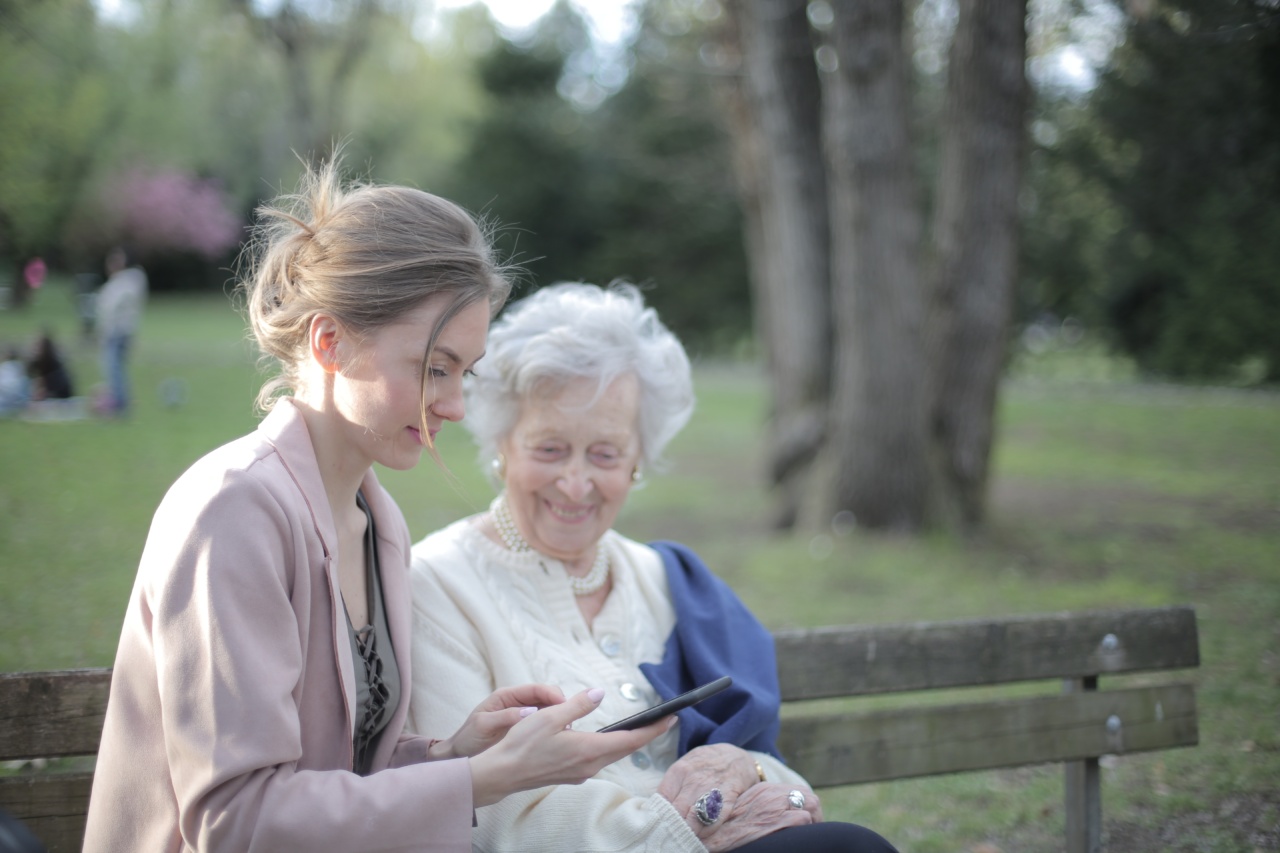In today’s fast-paced and ever-changing world, uncertainty and complexity have become the new norm. Gone are the days when we could rely on linear thinking and straightforward solutions to navigate through life.
Instead, we find ourselves constantly facing ambiguous situations filled with unknowns and intricate webs of interconnectedness. While this may sound daunting, learning to embrace uncertainty and complexity can be incredibly empowering and enriching.
The Nature of Uncertainty
Uncertainty is an inherent part of life. Despite our best efforts to predict and control outcomes, the future remains uncertain. From personal relationships to global events, we are constantly confronted with unpredictable circumstances.
Rather than viewing uncertainty as a threat, we should embrace it as an opportunity for growth and adaptation.
Embracing Complexity
Complexity is another aspect of reality that we must learn to embrace. Our world is interconnected, with countless variables and systems influencing each other.
No longer can we analyze problems in isolation; we must consider the broader context and interconnectedness of the issues we face. Embracing complexity allows us to see the bigger picture and find innovative and holistic solutions.
Resisting the Urge for Certainty
As humans, we have a natural inclination to seek certainty. We crave predictability and control, as it gives us a sense of security. However, this desire for certainty can hinder our growth and limit our potential.
By resisting the urge for certainty, we open ourselves up to new possibilities and foster a mindset of curiosity and exploration.
Facing Fear and Cultivating Resilience
Embracing uncertainty and complexity requires us to confront our fears. Fear of the unknown, fear of failure, and fear of stepping out of our comfort zone often hold us back from embracing uncertainty.
However, by facing our fears head-on and cultivating resilience, we can develop the courage and strength needed to navigate through the labyrinth of uncertainty.
Building Adaptive Capacities
In a world marked by uncertainty and complexity, adaptability is key. Those who can quickly adapt to and thrive in ambiguous situations have a higher chance of success.
Building adaptive capacities involves developing skills such as problem-solving, critical thinking, flexibility, and creativity. These abilities allow us to navigate through uncertainty with confidence and resilience.
The Power of Curiosity and Open-mindedness
Curiosity and open-mindedness are essential traits for embracing uncertainty and complexity. By cultivating a curious mindset, we become more receptive to new ideas and perspectives.
We are willing to explore uncharted territories and question assumptions, which can lead to invaluable insights and breakthrough innovations.
Embracing Uncertainty as an Opportunity
Instead of fearing uncertainty, we must reframe it as an opportunity for growth and transformation. Uncertain times force us to step out of our comfort zones, challenge our beliefs, and adapt to new realities.
By seeing uncertainty as a chance to learn, develop resilience, and gain new experiences, we can navigate through life with confidence and optimism.
The Role of Collaboration and Communication
Embracing uncertainty and complexity requires collaboration and effective communication. In interconnected systems, no individual or organization can possess all the necessary knowledge and expertise.
By collaborating with others and sharing our thoughts and ideas openly, we can collectively navigate through uncertainty and arrive at innovative solutions.
Celebrating Diversity and Multiple Perspectives
The complexity of the world is often reflected in the diversity of perspectives and opinions. Embracing uncertainty means recognizing and valuing this diversity.
By embracing multiple perspectives, we broaden our understanding of complex issues and increase the likelihood of finding comprehensive and inclusive solutions.
Finding Balance in Chaos
While embracing uncertainty and complexity is crucial, it is also essential to find balance amidst the chaos. Overwhelming complexity can lead to confusion and paralysis.
Therefore, it is important to cultivate practices that promote mindfulness, self-care, and clarity of purpose. By finding balance, we can navigate through uncertainty with a clear mind and a calm heart.
Conclusion
In a world marked by uncertainty and complexity, our ability to embrace and adapt to ambiguity becomes paramount.
By reframing uncertainty as an opportunity for growth, fostering curiosity and open-mindedness, building adaptive capacities, and embracing collaboration and diversity, we can navigate through the ever-changing landscape of life with resilience and confidence. Embracing uncertainty and complexity allows us to uncover new possibilities, develop innovative solutions, and embark on a journey of continuous growth and self-discovery.






























